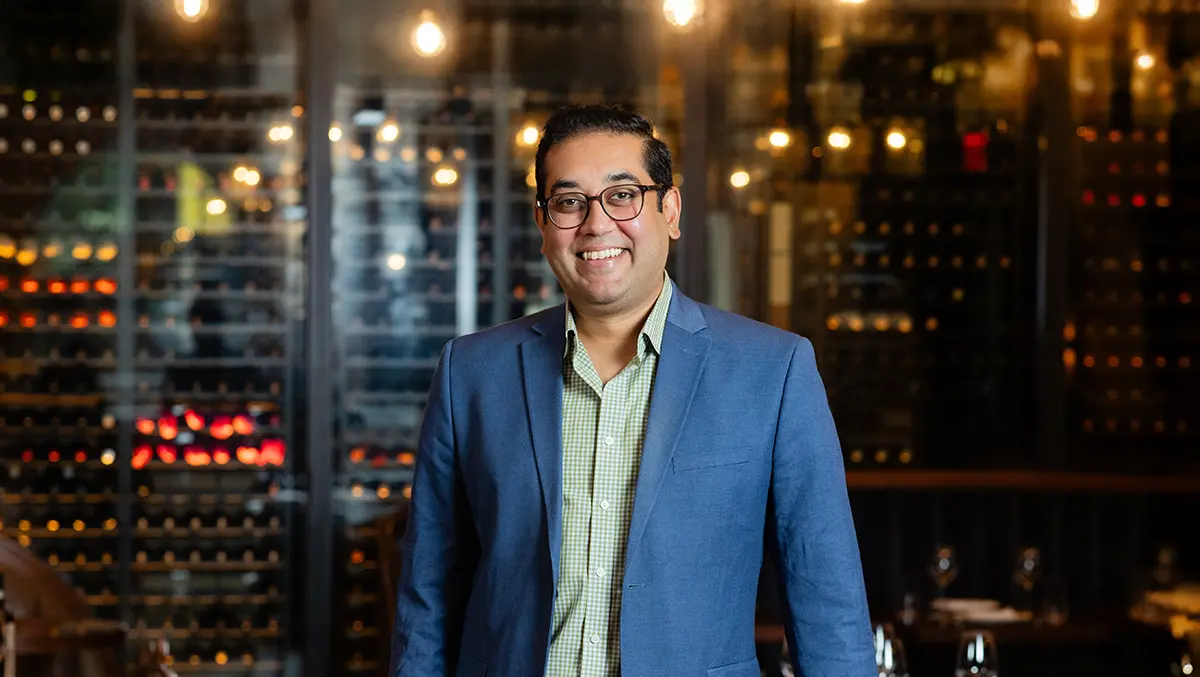
Turning personalisation into profit: What’s holding businesses back?
Personalisation is powerful. Thanks to the proliferation of technology, it's no longer a futuristic ideal, but a modern expectation. From curated playlists on Spotify and product suggestions on Amazon to trip recommendations on Airbnb, tailored experiences now define how we engage with brands.
The benefits are clear. When businesses treat every customer like one in a million, not one of a million, they build stronger relationships, drive loyalty and unlock new revenue streams. Yet, despite acknowledging its value, many businesses still struggle to implement personalisation effectively, let alone measure its impact.
So, what are the barriers businesses face? And how can they be overcome?
Why personalisation matters
When you think of some of the most impactful uses of personalisation at scale, industry-defining businesses like Amazon and Spotify will often come to mind. They have the budget and scale to personalise the experience for hundreds of millions of global customers. But personalisation is no longer the exclusive domain of tech titans. Thanks to advancements in software, automation and AI, personalisation has never been more accessible, with significant potential for businesses of all sizes in every industry.
Hospitality, often considered 'traditional', is no exception. Restaurants and hotels are increasingly using data to tailor experiences from customised menu promotions based on dining history to targeted offers aligned to guest preferences. This is how a restaurant might invite one guest to an oyster happy hour, while refraining from sending it to another guest with a shellfish allergy. This isn't just good hospitality; it's personalisation in action.
Tailored interactions drive meaningful results
These types of tailored interactions are already driving meaningful results, as businesses use technology to turn personalisation into drivers of loyalty, retention and revenue. In fact, SevenRooms research shows that 51% of Australian restaurants believe that they personalise to a 'great extent'.
When it comes to marketing, the impact is clear: personalised email campaigns – delivering the right message to the right guest at the right time – outperform mass send by a wide margin, driving higher engagement and revenue. Personalised, automated emails boast an average open rate of 56% and generate 12 times more revenue per email than generic blasts.
Beyond the numbers, it's the small details – remembering a guest's birthday, recommending their favorite wine, or highlighting a limited-edition menu – that build true connection and drive repeat visits. The challenge isn't understanding the value of personalisation. It's scaling it. And many venues still struggle to do so effectively.
Overcoming the barriers to personalisation
Despite the impact and ROI many venues are enjoying from personalisation, execution remains a hurdle. SevenRooms research reveals that more than two in five Australian restaurants struggle to personalise their service effectively. A further 41% find it difficult to track the success of personalisation efforts, while 29% lack the right technology and tools to scale these efforts.
The good news? Most businesses already have the data they need. Reservation history, visit frequency, average spend, dietary preferences, online reviews - these are all powerful inputs for delivering tailored experiences. The key lies in unlocking the insights and using technology to turn them into retention, revenue and a competitive advantage.
The role of technology in personalisation
The first step is utilising the right technology. Nearly a third of businesses say they lack the tools to scale personalisation. However, today's CRM, reservation and marketing platforms - especially those like SevenRooms - can help automate much of the process, from collecting approved customer data to robust guest segmentation that enables tailored email campaigns and loyalty offers.
In Australia, 65% of operators are already embracing AI to drive smarter, more personalised engagement. Of those using AI, 99% are already seeing measurable benefits, from streamlined operations to higher guest satisfaction.
Through AI-powered automation, operators can deliver highly personalised marketing at scale, while freeing up staff to focus on in-venue hospitality. Yet, turning guest insights into personalised experiences is only the beginning. Measuring and optimising the outcomes is equally critical, ensuring every campaign drives real revenue and repeat business.
Marrying personalisation with performance
Personalisation is powerful, but without performance, it's just guesswork. To drive real business outcomes, operators must pair personalised guest engagement with clear, measurable results. Today's most successful operators don't just tailor experiences - they continuously measure what matters. Metrics like open rates, click-through rates, repeat visits, and revenue per message are essential to fine-tuning every touchpoint.
SevenRooms data shows that the personalised campaigns delivering the highest retention rates those that tap into guest behaviors, like auto-sending the wine list before a visit to 'wine spenders' or sending a thank-you message to those who leave five-star reviews. Even simple, timely messages, like "<name>, see you again soon?" can achieve open rates of 70% or higher.
From insights to action
Ultimately, personalisation starts and ends with a venue's technology platform. When the right tools are in place, they don't just enable guest insights. They turn those insights into action, helping venues launch, automate and measure their personalisation strategies at scale.
For businesses willing to make the investment today, the payoff is clear: stronger guest relationships, higher revenue and a competitive edge that extends far beyond the dining room.
We're entering a new superhuman era for hospitality, once where venues are combining art and science to deliver elevated experiences that drive loyalty. Technology powers the science: using AI, automation and insights to streamline operations and personalised guest interactions. But it's the art, the creativity, connection and warmth that customers remember, recommend and return for.

